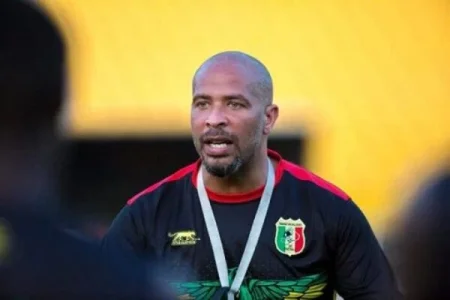
When Werder Bremen's Felix Agu switched from Germany to Nigeria, he revealed something profound about identity in modern football—and what "home" actually means to the diaspora generation.
Key Takeaways
- Agu's decision balances cultural reclamation with pragmatic football opportunity - greater chances of international caps with Nigeria than breaking into Germany's established squad.
- His musical tastes (Burna Boy, Omah Lay, Davido) and food preferences (jollof rice, plantain) hint at a deeper cultural pull than his German upbringing
- The "easy decision" masks genuine sacrifice, leaving behind 25 years of German football development and familiar systems.
- His Jay-Jay Okocha admiration reveals how Nigerian football legends transcend geography to inspire diaspora youth.
Agu's switch exposes the complex calculus of modern football identity. While Germany offered prestige and world-class systems, Nigeria provided something equally valuable: a guaranteed sense of international football and cultural belonging. At 25, competing with established German internationals, his "easy decision" reveals how practical opportunity and ancestral connection can align, making choice feel like destiny.



